Your Parents Did A Genius Job Raising You If They Taught You These 9 Old-Fashioned Life Lessons
What your children need to know about old-fashioned kindness and empathy.
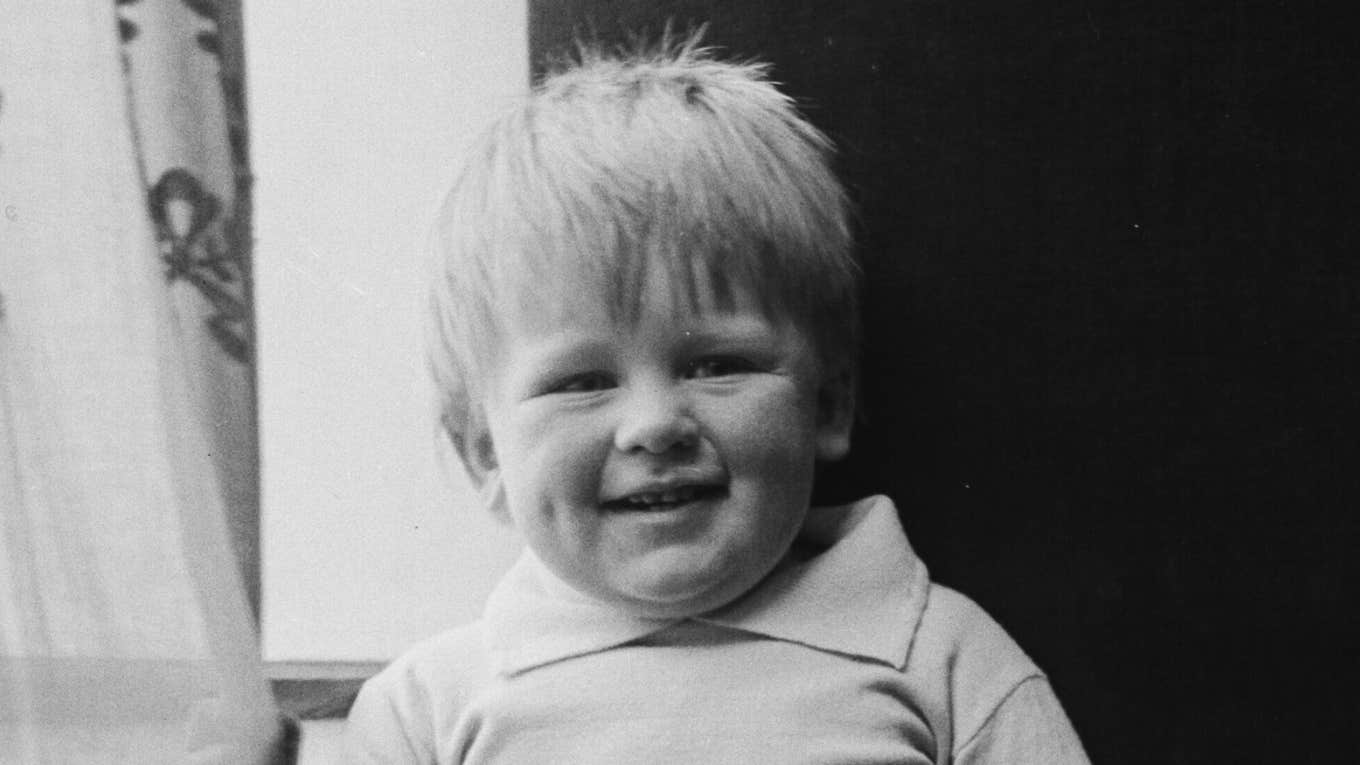 The Royal Danish Library | Unsplash
The Royal Danish Library | Unsplash Considering what often feels like a lack of generous adults in this world, it's more important now than ever to positively change the next generation. Instead of making excuses because of age for why your child doesn't share or is entirely focused on his or her wants and needs, get started early on shaping their worldview and encourage giving to others.
Not only will these kinds of old-fashioned life lessons help them make friends now, but they will also benefit your child as they enter adult years as an individual who is a team player with a strong sense of empathy as well as an unwavering moral compass.
Your parents did a genius job raising you if they taught you these old-fashioned life lessons:
1. Give positive feedback first
 fizkes / Shutterstock
fizkes / Shutterstock
An easy way to emphasize opportunities to be generous without making your little one feel bad for neglecting to realize it themselves is by making a point to praise others when they are thoughtful and charitable toward others.
By spreading positive feedback and highlighting their peers' desirable actions, you can open up your child's mind to helping out in situations when it might not have even occurred to them before.
2. Give back to people less fortunate than you
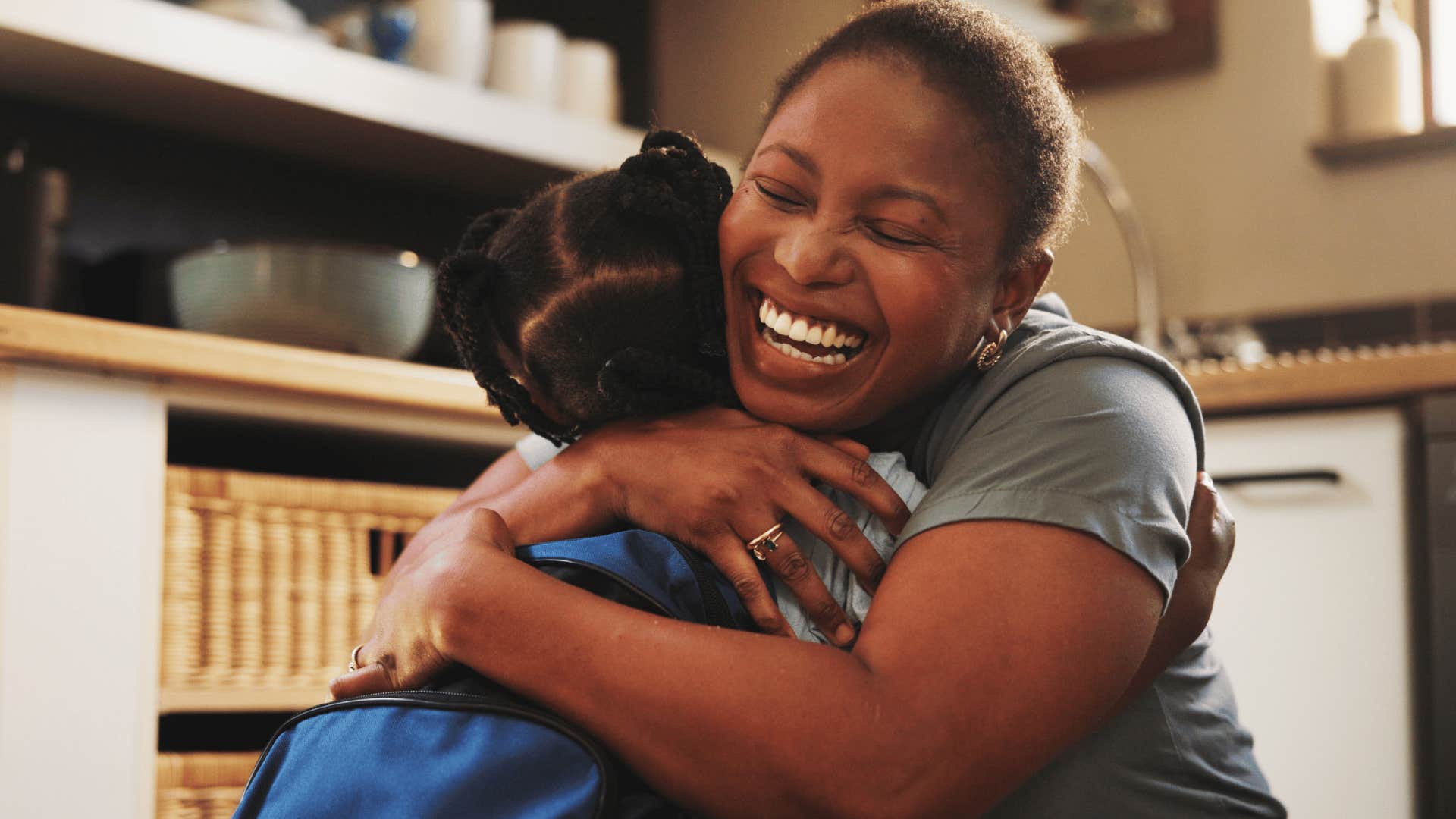 Yuri A / Shutterstock
Yuri A / Shutterstock
There are age-appropriate ways to start teaching generosity to every age group. Instead of assuming your child is too young, realize that it's always important to focus on kindness and how their actions impact others. This will help to raise people who not only value considerate treatment but also demonstrate it.
Research by the University of Cambridge explained that actively involving parents in their children's lives from a young age significantly positively impacts child development, fostering better cognitive, social, and emotional outcomes. Early parent-child interactions lay the foundation for future relationships and overall well-being, including benefits like improved academic performance, enhanced social skills, and increased self-esteem.
3. Treat others the way you'd like to be treated
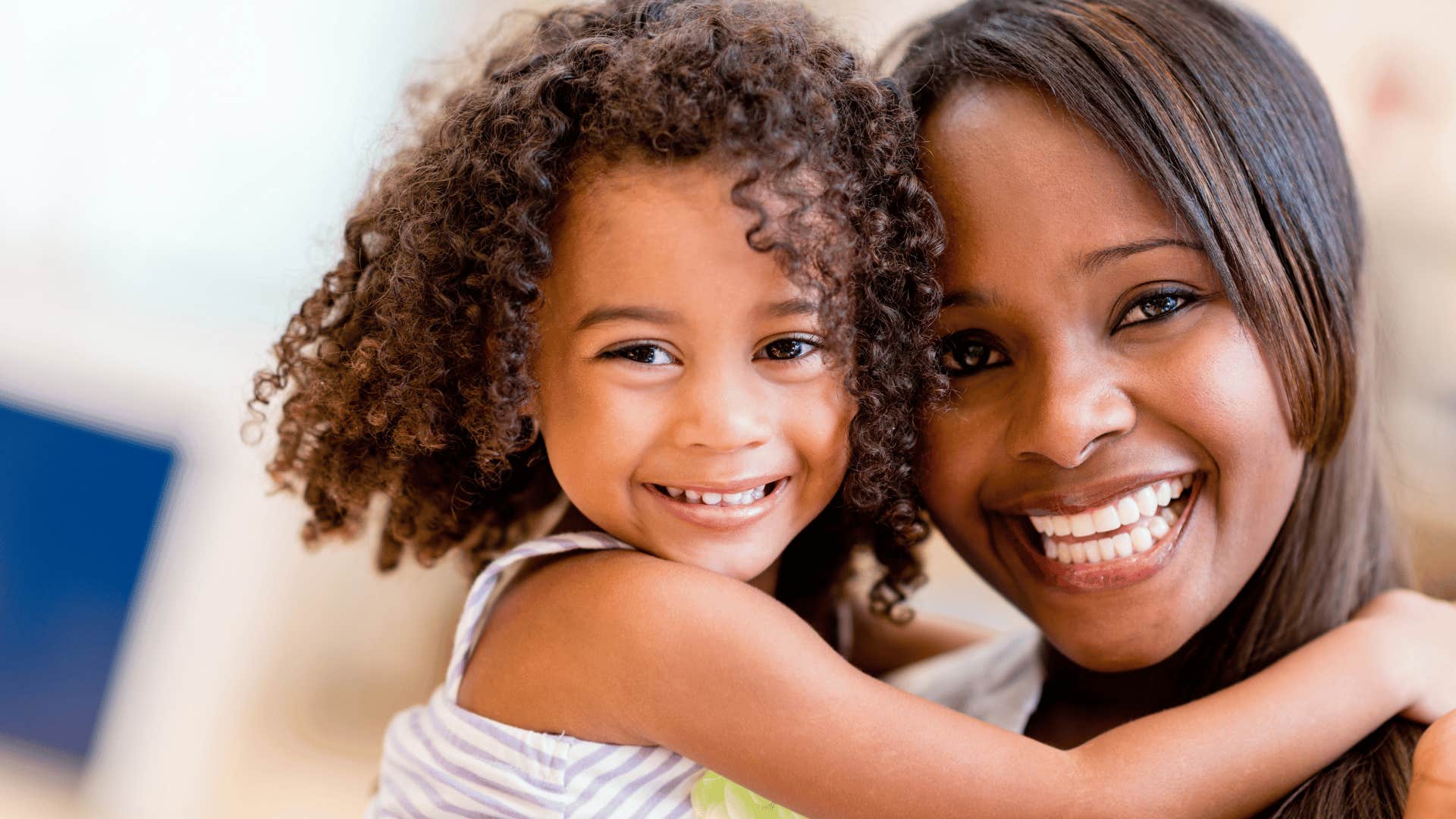 ESB Professional / Shutterstock
ESB Professional / Shutterstock
Don’t make giving to others feel like a chore or a difficult task to accomplish. Instead, in each kind of act they do, focus on how good they feel after and how easy it is to make someone else smile.
When parents actively teach their children about the importance of acts of kindness, it can significantly foster empathy, social skills, and a positive self-image in children. Research by the University of Minnesota showed that modeling kind behavior, discussing the impact of kindness, and encouraging small acts of kindness are particularly effective methods. This is often linked to the concept of kindness contagion where acts of kindness can spread within a community, creating a positive ripple effect.
4. Consider the feelings of others, not just your own
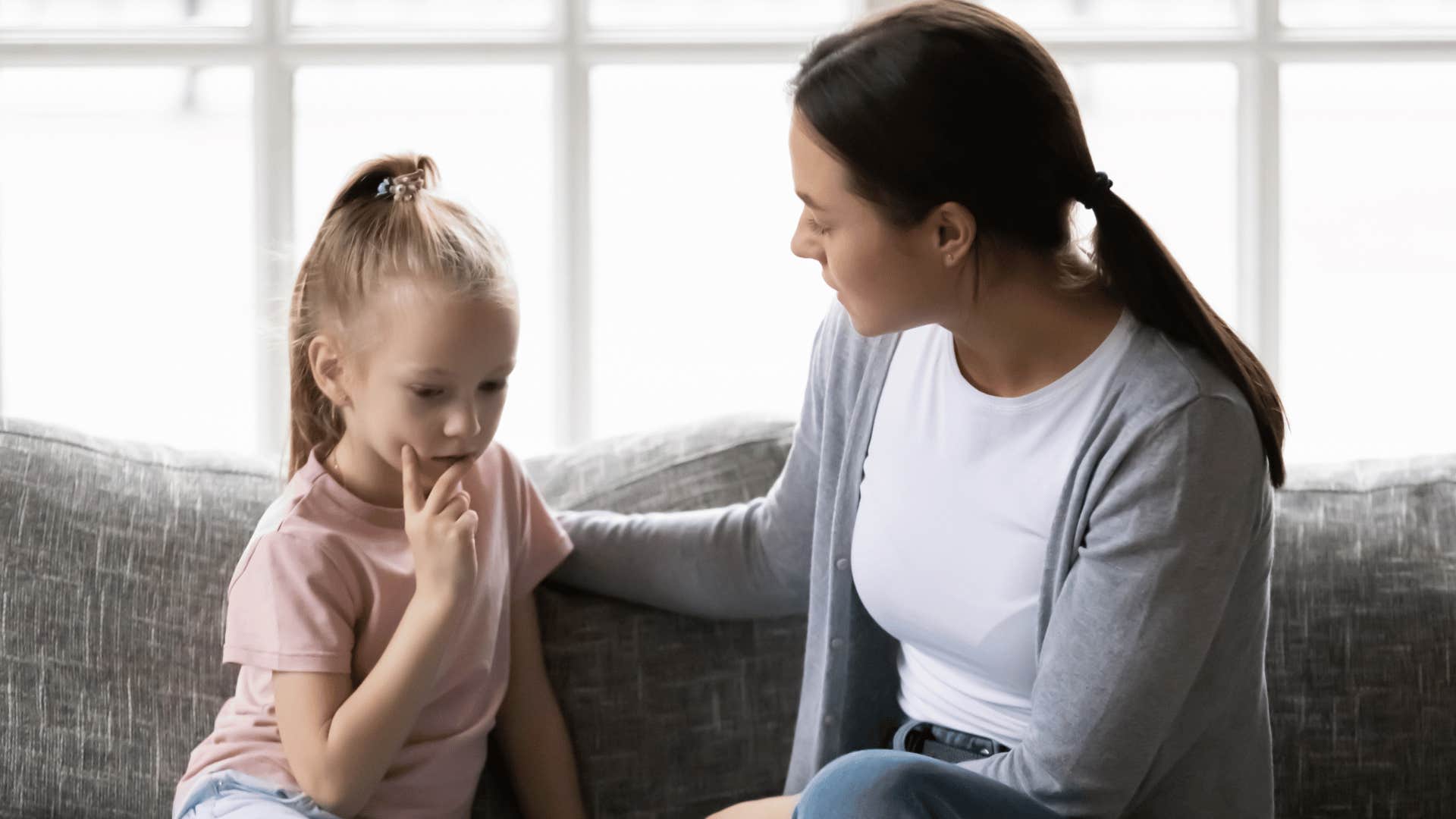 fizkes / Shutterstock
fizkes / Shutterstock
Establish an open dialogue with your child from an early age. The sooner they understand not only how someone else is feeling, but also the power that their words and actions have in making that person feel better or worse, the sooner they will feel more empowered to go out of their way to help whenever possible.
According to a 2020 study, parents significantly influence their children's development of empathy by modeling empathetic behaviors, actively responding to their children's emotions, and teaching them to identify and understand the feelings of others.
Children learn empathy through observing and imitating their parents' actions when dealing with emotional situations, with studies demonstrating that parents who express empathy tend to raise more empathetic children.
5. Know the value of a dollar
 fizkes / Shutterstock
fizkes / Shutterstock
Not only will having firsthand experience in earning their own money helps keep your child from taking it for granted when somebody is generous with them, but it also allows them to see that it's always possible to make more money. This encourages them to be generous with what they have and appreciate what they are given by others.
6. Practice random acts of kindness
 DC Studio / Shutterstock
DC Studio / Shutterstock
By participating in charitable events and random acts of kindness as a family, you not only show your little one the joy that can come from sharing and helping but also that this value applies to everyone not just the smallest members of the family.
When parents actively engage in acts of kindness with their children, it can significantly foster prosocial behavior, empathy, and a strong parent-child bond.
A 2022 study explained that children who experience such positive interactions are likelier to develop into kind and helpful individuals later in life. This is primarily attributed to the modeling effect, where children learn by observing and imitating their parents' actions.
7. Don't just say it — do it
 imtmphoto / Shutterstock
imtmphoto / Shutterstock
Parents know that children pick up on their traits and words even when they don't intend it. Kids demonstrate these characteristics both in front of adults and when they aren't around.
By being an unrelenting example of how people should treat others in every situation, your actions will become second nature so your child can follow your lead even when you aren't there.
8. Make good deeds the rule, not the exception
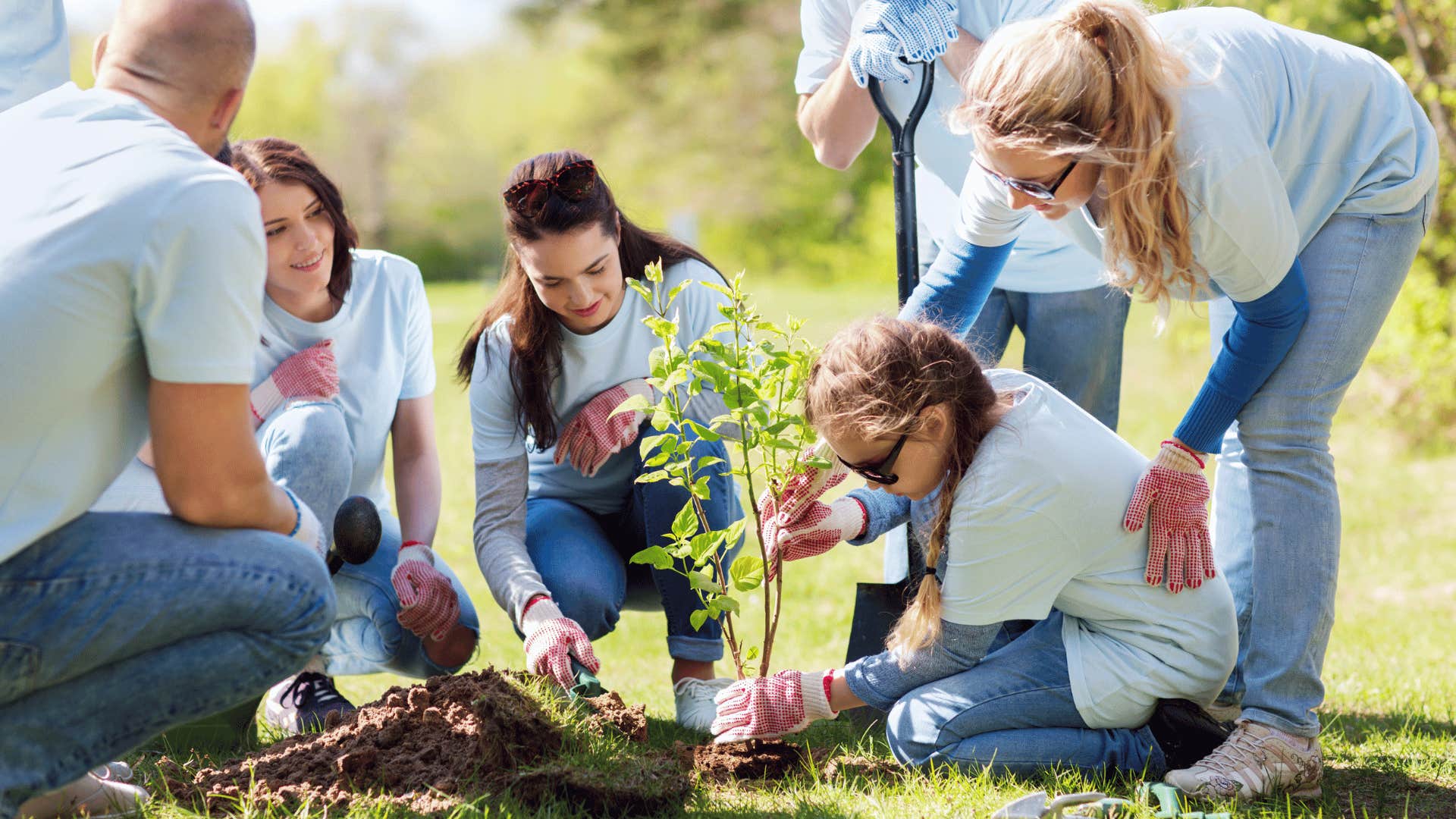 Ground Picture / Shutterstock
Ground Picture / Shutterstock
Even if you're generous at work or donate to charity, it's up to moms and dads to model these desired behaviors at all times and not just when they think their kiddo is paying attention.
Children pick up on way more than what many parents realize, and by making it a priority to be generous whenever the opportunity arises (and not just when it's a grand show to put on for your child), you teach your kid that these gestures should be the standard and not just the special exception.
9. Volunteer your time
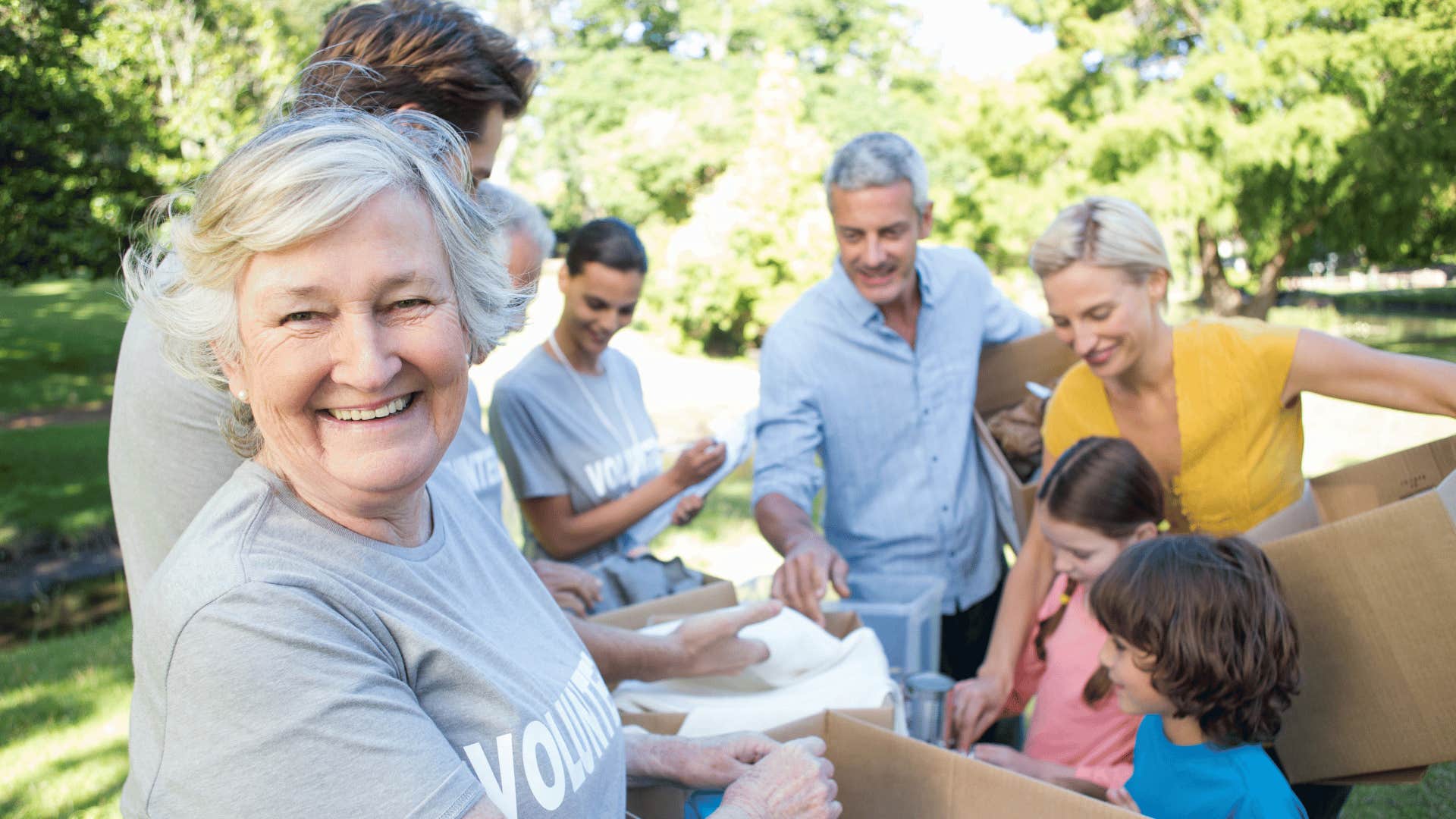 ESB Professional / Shutterstock
ESB Professional / Shutterstock
Kids need to expand their worldview before they can begin to understand the potential of their actions and the grand impact they can have on others. Remove them for their own little bubble and volunteer with them, so they not only learn gratitude for what they have but can also develop a passion for helping those who are less fortunate while understanding the scope of their needs.
When parents volunteer alongside their children, it can positively impact the child's development by fostering a sense of community, promoting social skills, enhancing self-esteem, and increasing the likelihood of the child continuing to volunteer in the future.
A 2021 study revealed this is mainly due to the role-modeling effect of the parent's civic engagement. Researchers also showed that parental involvement in volunteering can lead to improved family dynamics and a stronger parent-child bond.
Lauren Levy is a former assistant editor at PopSugar. She's worked on staff at Fast Company, New York Magazine, the Fader, and Apple News. She is the founding Deputy Editor at the radical Jewish quarterly PROTOCOLS.

